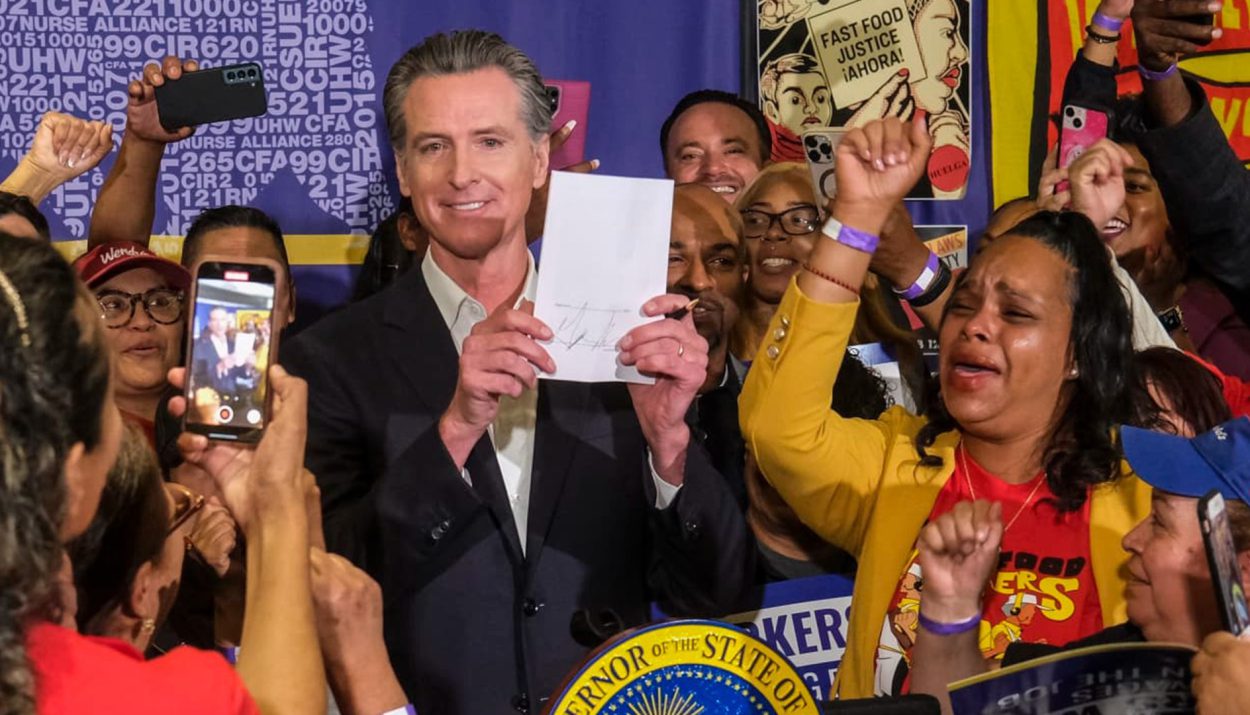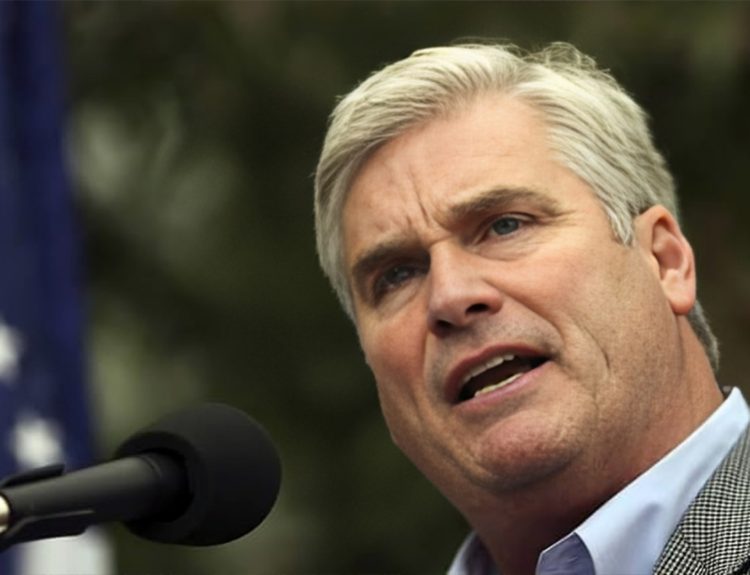California’s catalog of public policy failures is extensive, but the decision to raise the minimum wage to $20 per hour for fast-food workers undoubtedly tops the list. The predictable repercussions in terms of job losses and increased prices are already evident. The exodus of residents leaving the state is likely to only intensify.
Failure Of Government Policies In California
California is already known for its high cost of living and taxes. For a relatively long time, it has been a state burdened by failed government policies.
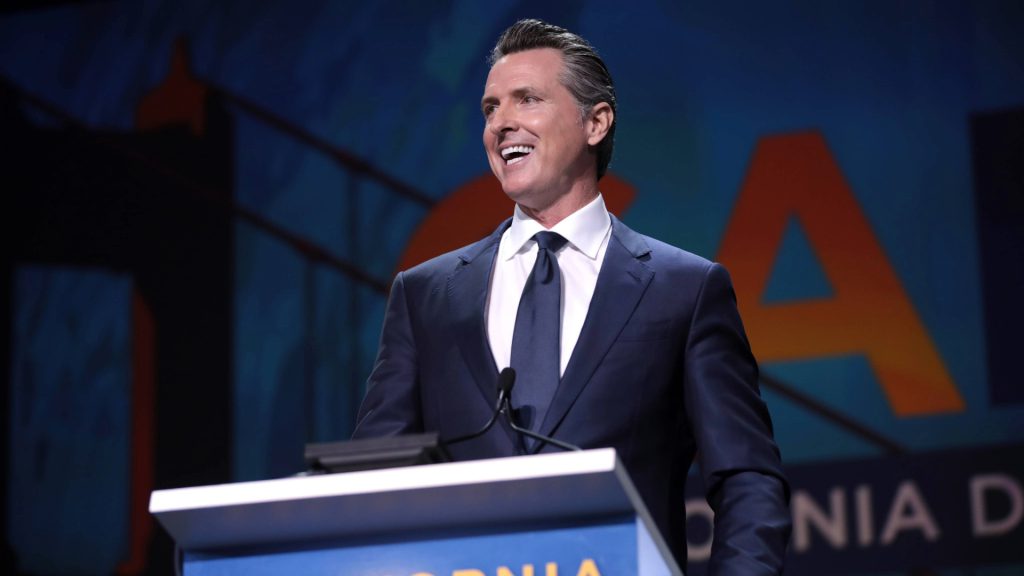
The recent minimum wage hike bears further testimony to the failure of government policies in the Golden State.
Government Policies Are Not Working In Favor Of People
High cost of living is a major issue in California. Take for example California’s “green” energy policies, which have led to the highest utility rates in the nation.

Rather than reversing these mandates, the state has introduced new surcharges on utility bills, burdening the middle class with higher costs, regardless of their actual energy consumption.
Largest Population Loss Experienced By Any State In The U.S.
The overspending, excessive taxation, and over-the-top regulatory measures introduced by the state government have turned the state into such a troubled entity that over the last three years, 1.2 million more people have left California than moved in.

This marks the largest population loss of any state, surpassing New York by as much as 35%.
Things Have Only Gotten Worse With The New Minimum Wage Law
Californians are clearly unhappy with the consequences of these policies. Things have only gotten worse with the new minimum wage law for fast-food workers.
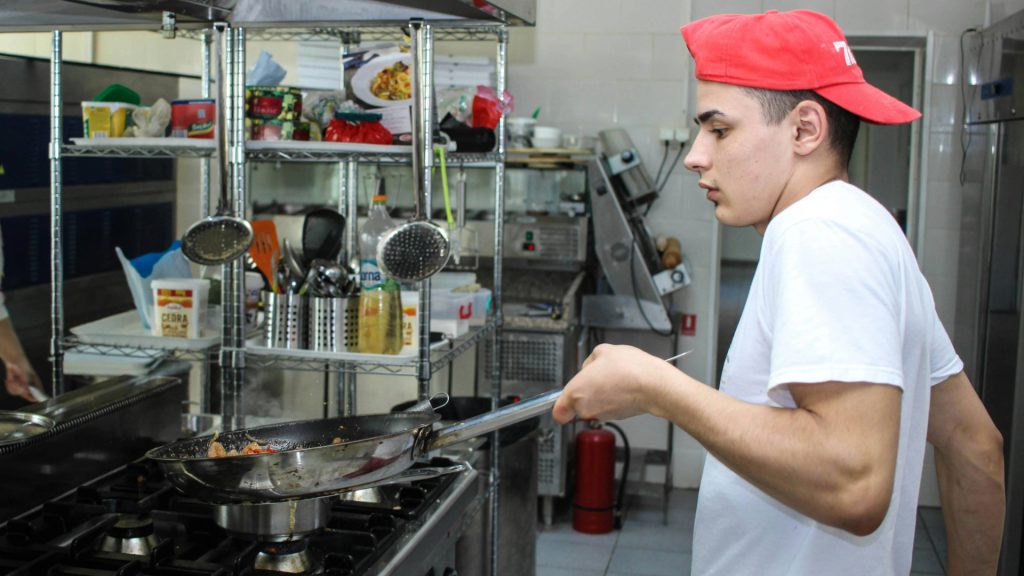
This minimum wage policy in particular serves as a prime example of how misguided economic ideas become law. They make for promising rhetoric but lead to disastrous outcomes.
It Is Getting Increasingly Hard To Run A Profitable Business In California
The law was promoted as a means of compelling “greedy” corporations to provide workers with a “living wage.” However, businesses operate on profit. They cannot sustain paying employees more than they are producing, as that would lead to bankruptcy.

Employers also incur taxes and have other expenses to account for on top of employee wages. At $20 an hour, many fast-food workers are not generating sufficient value to justify the highest minimum wage in the country.
Things Have Gotten Worse For Fast Food Workers
Due to the increased costs, California’s fast-food companies have stopped hiring. Some have already announced significant layoffs.

These layoffs and reduction in job opportunities impact a substantial number of workers as California currently home to half a million fast-food employees.
Paving Way For Robotics And Technology To Take Over The Fast Food Industry
The number of fast-food workers in California is already decreasing and is expected to decline sharply. McDonald’s has been investing millions of dollars in fully automated restaurants, opening the first one of these establishments last year.

Similarly, Jack in the Box and El Pollo Loco have announced plans to implement robotics to automate cashier and cooking functions entirely.
Machines Make More Sense In The Current Economic Climate
The use of machines is far more cost-effective compared to employing individuals at artificially inflated wage rates.

In addition to bearing the brunt of artificially inflated wage rates, companies, also incur additional expenses related to payroll taxes, employee training, and legal vulnerably due to lawyer lobbies.
More Layoffs And Jobs Getting Outsourced
In cases where fast-food workers cannot be replaced by machines, their jobs are going to be outsourced. Approximately 1,100 Pizza Hut delivery drivers are expected to lose their jobs. Round Table Pizza, another restaurant chain, has also announced more layoffs.

Consumers will either have to rely on food delivery apps (also under scrutiny due to California’s Assembly Bill 40) or pick up their orders themselves.
Politicians Don’t Know Or Understand Much About Running A Business
Apologists argue that corporations are merely posturing and won’t actually lay off thousands of fast food workers.

This perspective is largely shaped by the lack of firsthand experience among many politicians who have never operated a business, managed payroll, or hired minimum-wage workers.
Politicians Care About Votes, Not About The Impact Of Policies
Politicians fail to grasp the repercussions of the policies they are pushing.

Politicians are concerned primarily with vote-winning strategies, even if it ultimately harms low-wage workers and the population in general.
Increase In Prices Due To The Minimum Wage Policy
Raising the minimum wage not only leads to job losses but it also drives up prices.

Considering the fact that lower-income individuals tend to eat more frequently at fast-food establishments, they bear the brunt of these increased costs alongside with the risk of losing their jobs.
The Minimum Wage Law Is Essentially A State Ban On Lower Wage Jobs
Setting the minimum wage at $20-an-hour effectively bans any job that pays less than $20.
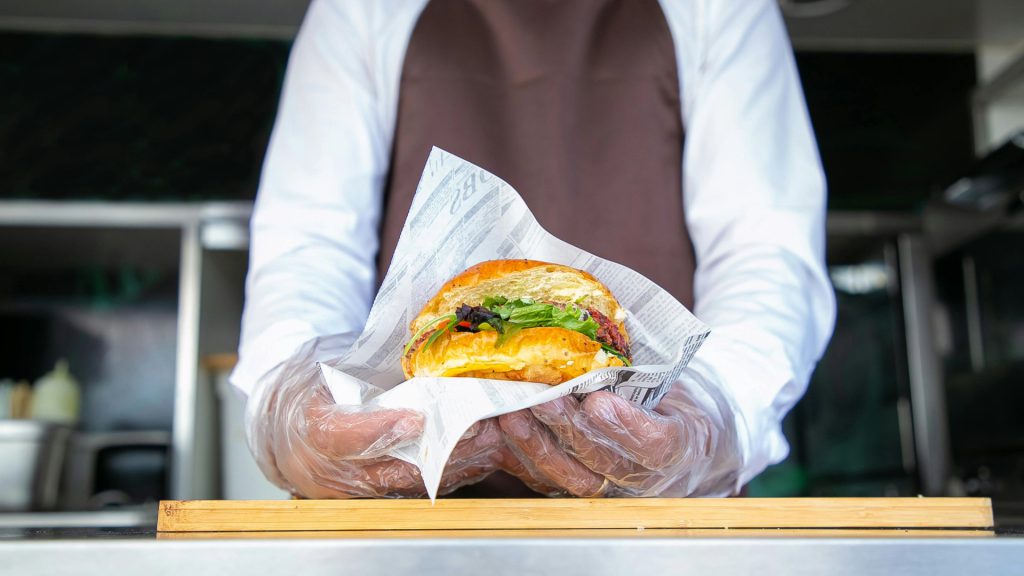
Californians who work in the lower wage segment must either seek work elsewhere where lower-paying jobs are still legal. The other two alternatives are either working illegally and getting paid “under the table,” or relying on welfare.
The Madness Doesn’t End Here
The absurdity doesn’t stop at the implementation of the new minimum wage restrictions.
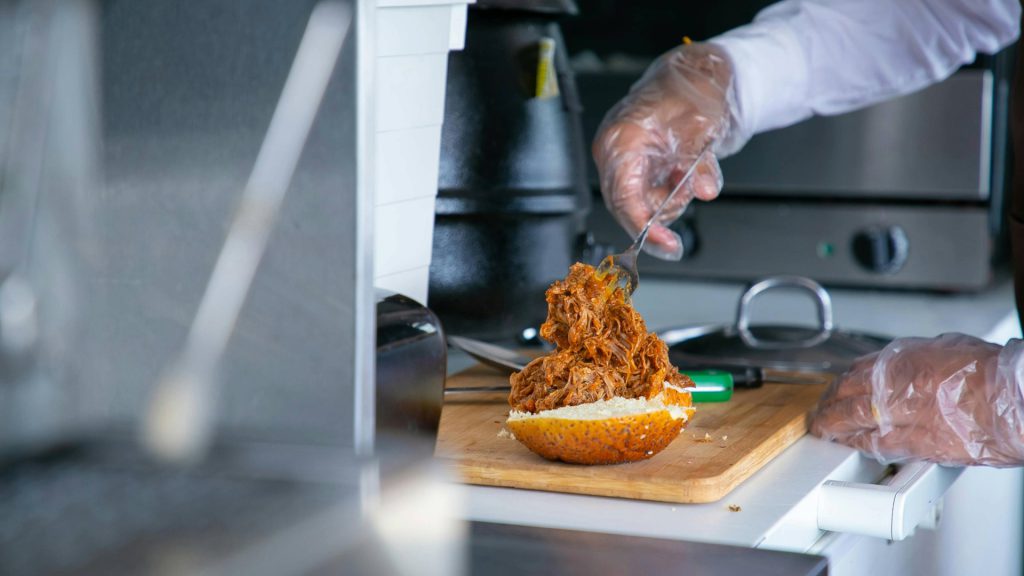
The law also establishes a Fast-Food Council that has the power to raise the minimum wage for fast-food workers by another 3.5% every year, steadily driving toward the elimination of fast-food jobs altogether.

